
How Chobani is bringing ‘hunt culture’ to grocery retail
Chobani is translating hype and scarcity economics into everyday grocery categories, reframing its Flavor Drops creamer from a staple product into a discovery-driven experience

Chobani is translating hype and scarcity economics into everyday grocery categories, reframing its Flavor Drops creamer from a staple product into a discovery-driven experience

After years of compromise, sweetness without sacrifice may finally be within reach
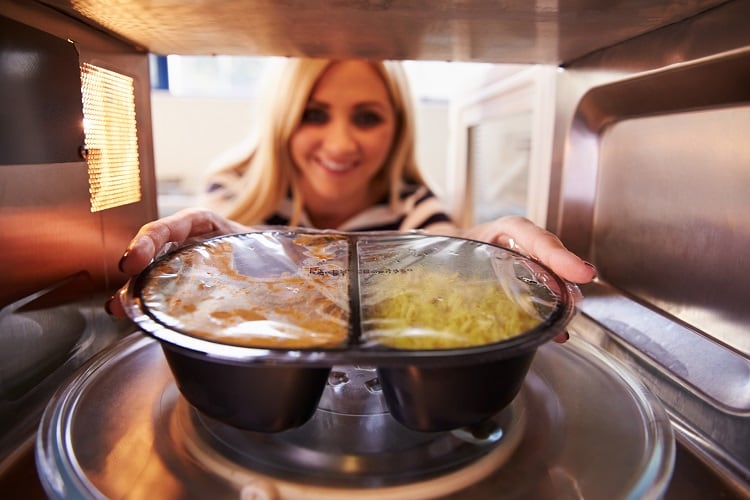
We round up the challenges and opportunities of entering the ‘GLP-1 friendly’ meals arena
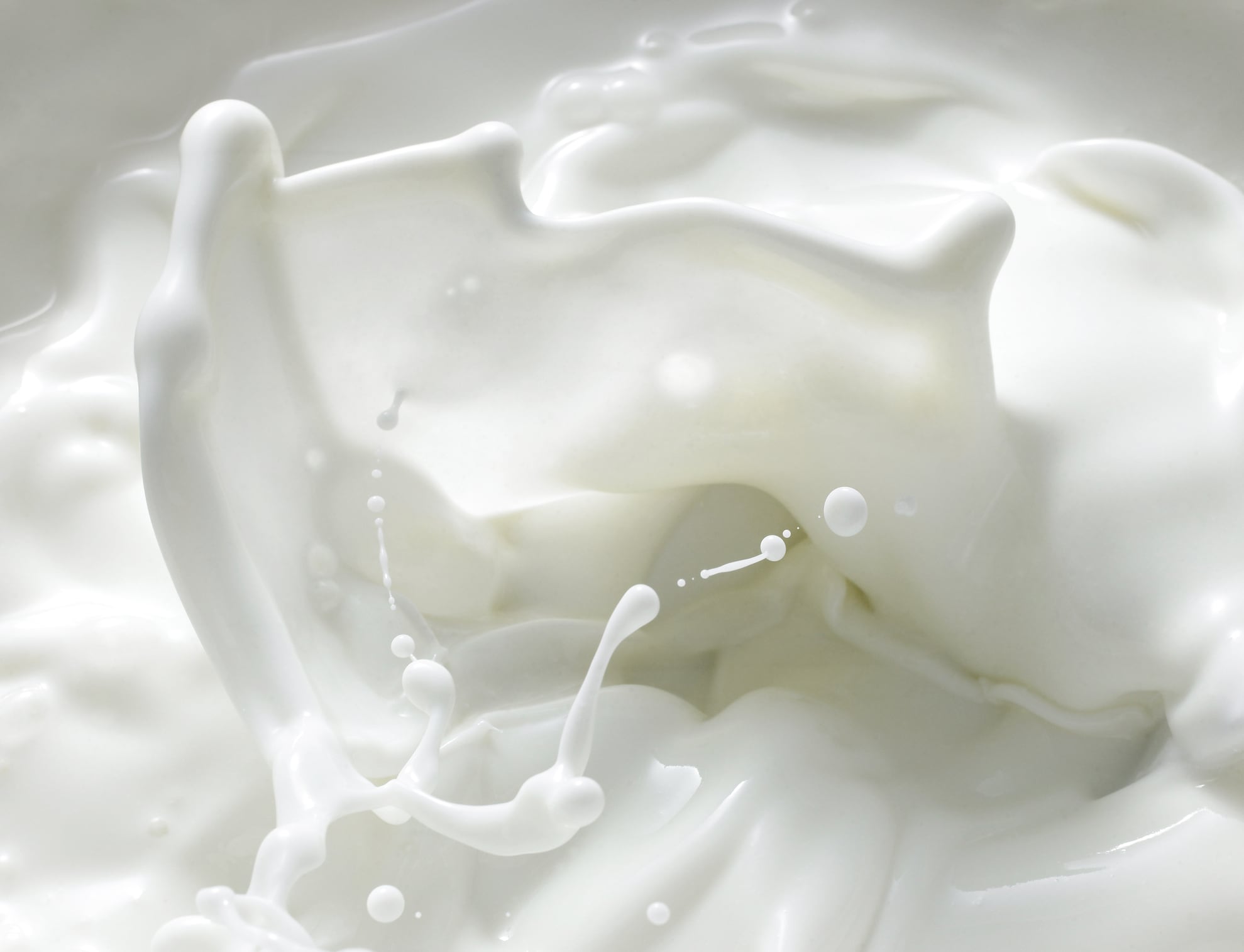
Hybrid meat and dairy strategies are evolving in four key ways
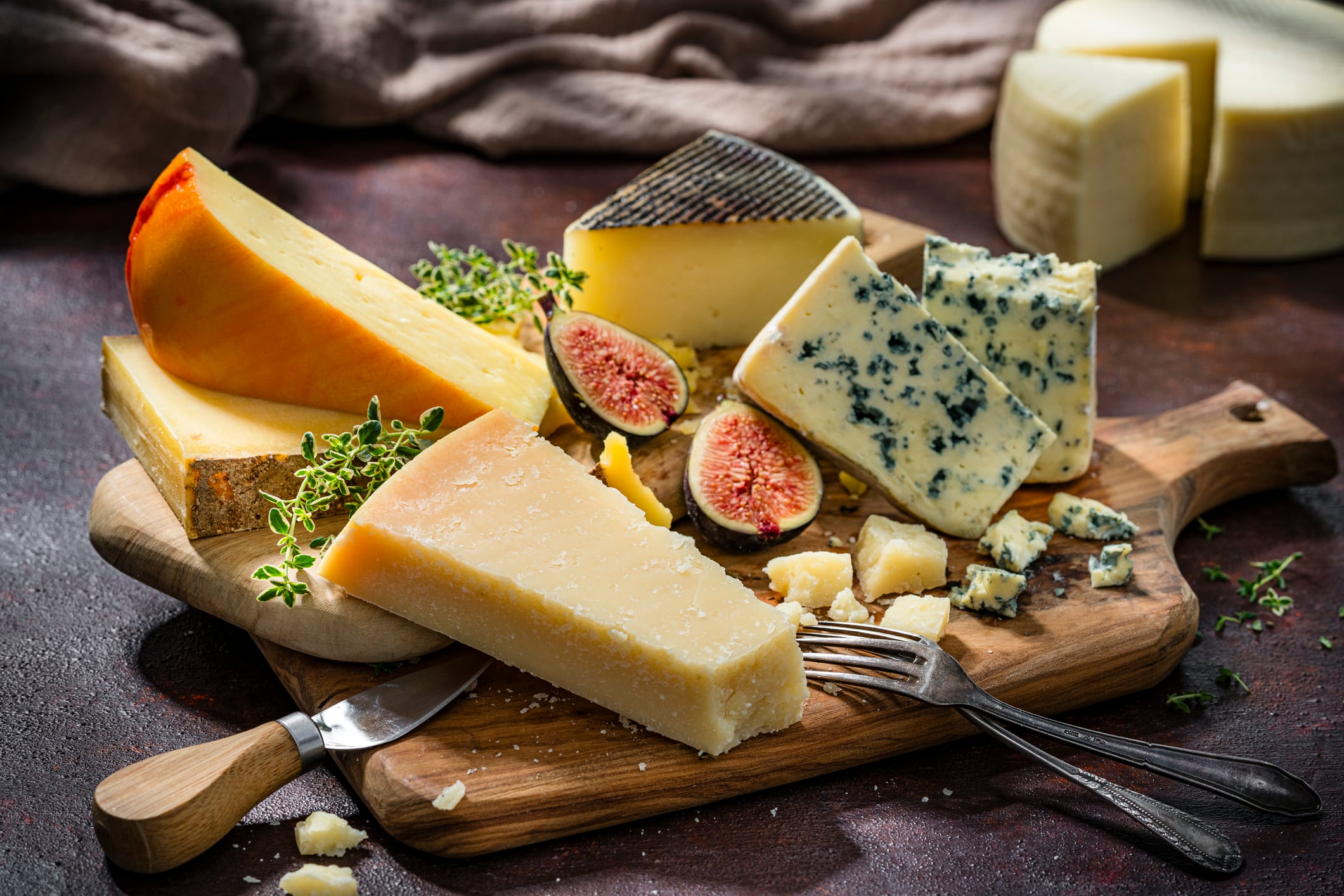
A new study adds important insights to the debate about dairy’s role in cognitive health
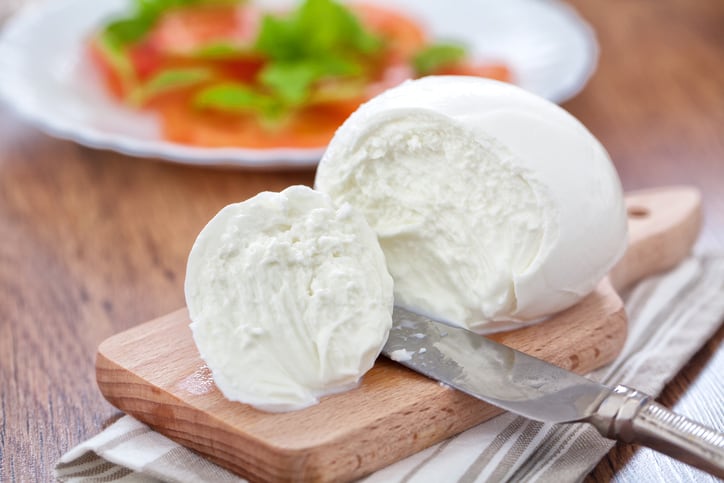
The Dutch foodtech company will ask consumers to chip in as it hopes to scale up production in 2026
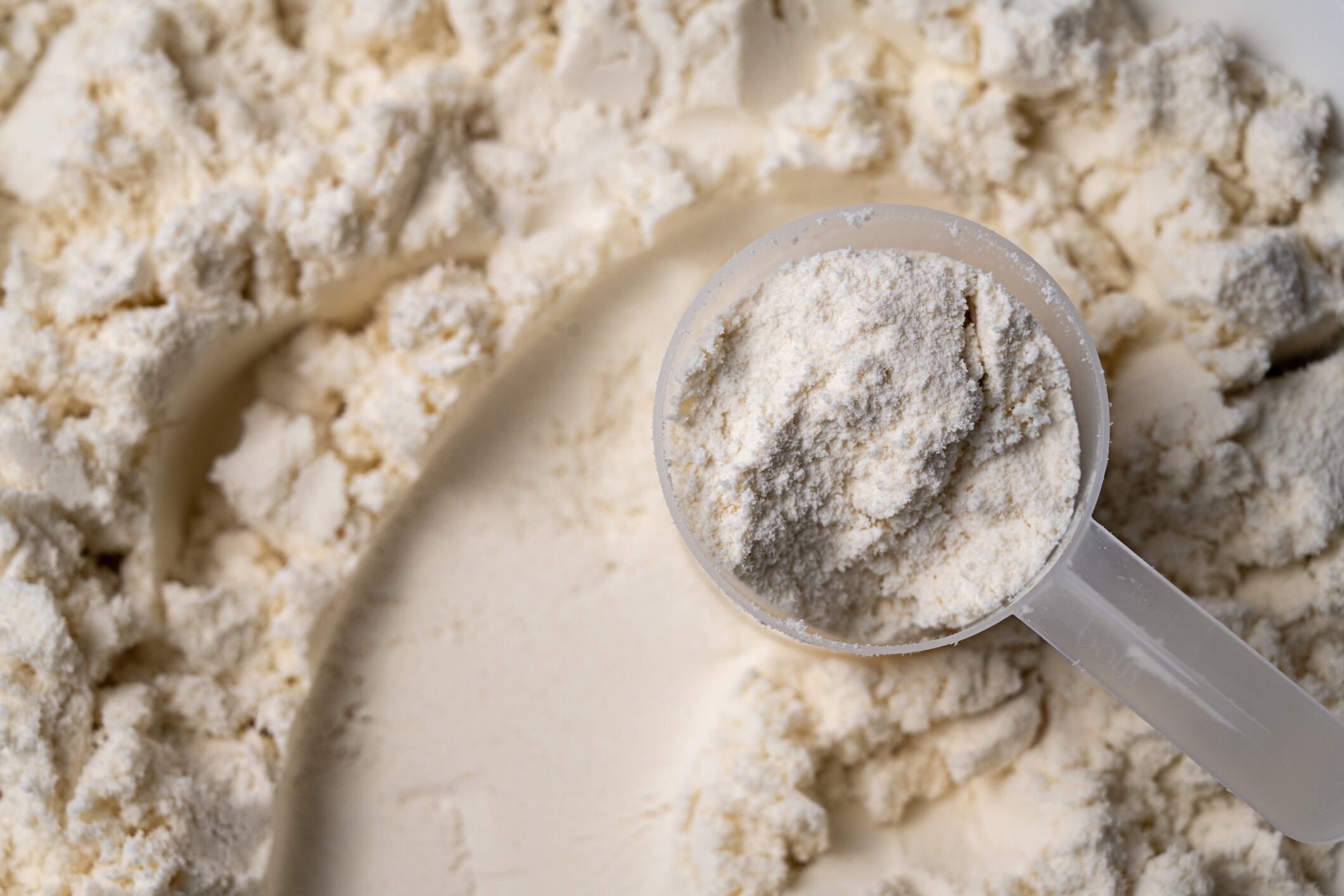
Protein fortification is evolving, so what type of protein do you need for your application?
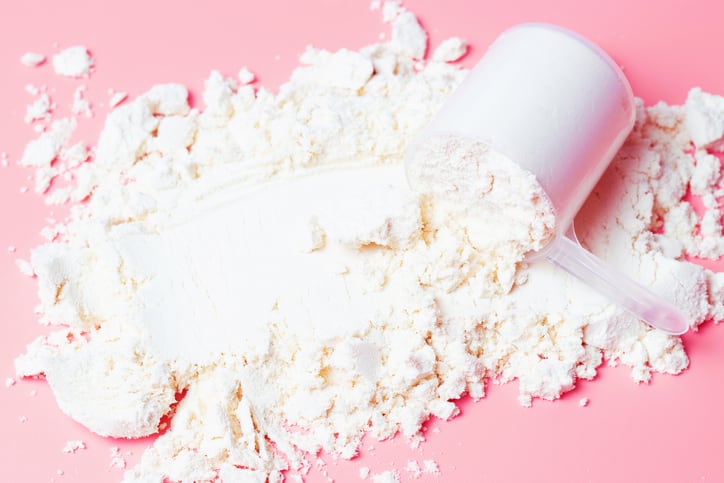
A recent report from Front Row examined protein’s shift from its original gym niche to the mainstream where it has captured the loyalty of a wider market and established itself as a cornerstone of modern wellness.
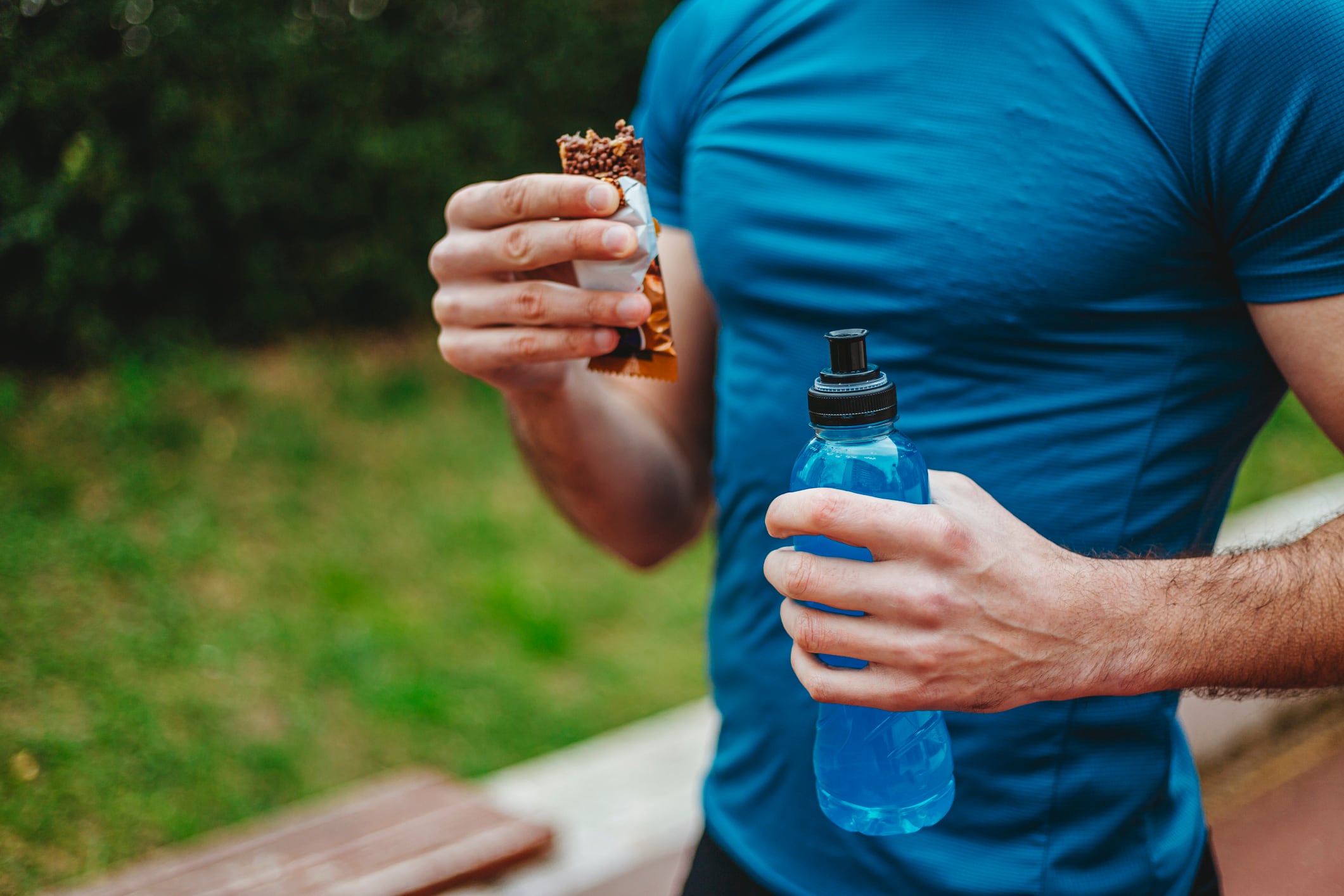
Protein fortification continues to dominate the food and beverage space – but how is ingredient innovation evolving to meet the need for more protein?

It’s not just humans who can benefit from biotic supplementation – dairy cattle can see results, too
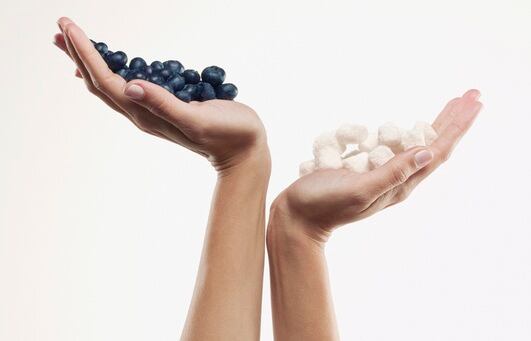
The UK will extend its sugar tax to include more drinks, including milk-based products. Businesses have two options: take the financial hit - or get back into the lab and innovate
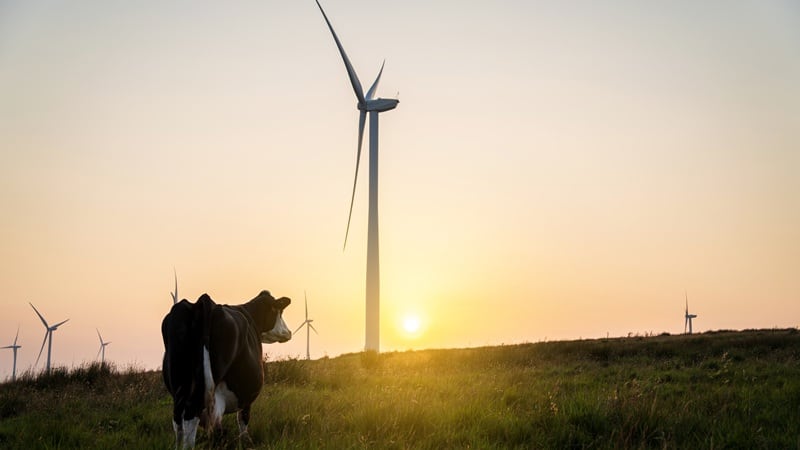
Rabobank data unpacks the connection between tech investments, sustainable farming practices, and receiving premiums

From proteins to dyes and sweeteners, the CPG major is betting big on the technology: here’s why

Paying premiums alone isn’t enough to get producers to embrace sustainability, Mars Snacking’s VP of R&D says as he reflects on emerging methane mitigation solutions and the Bovaer fallout
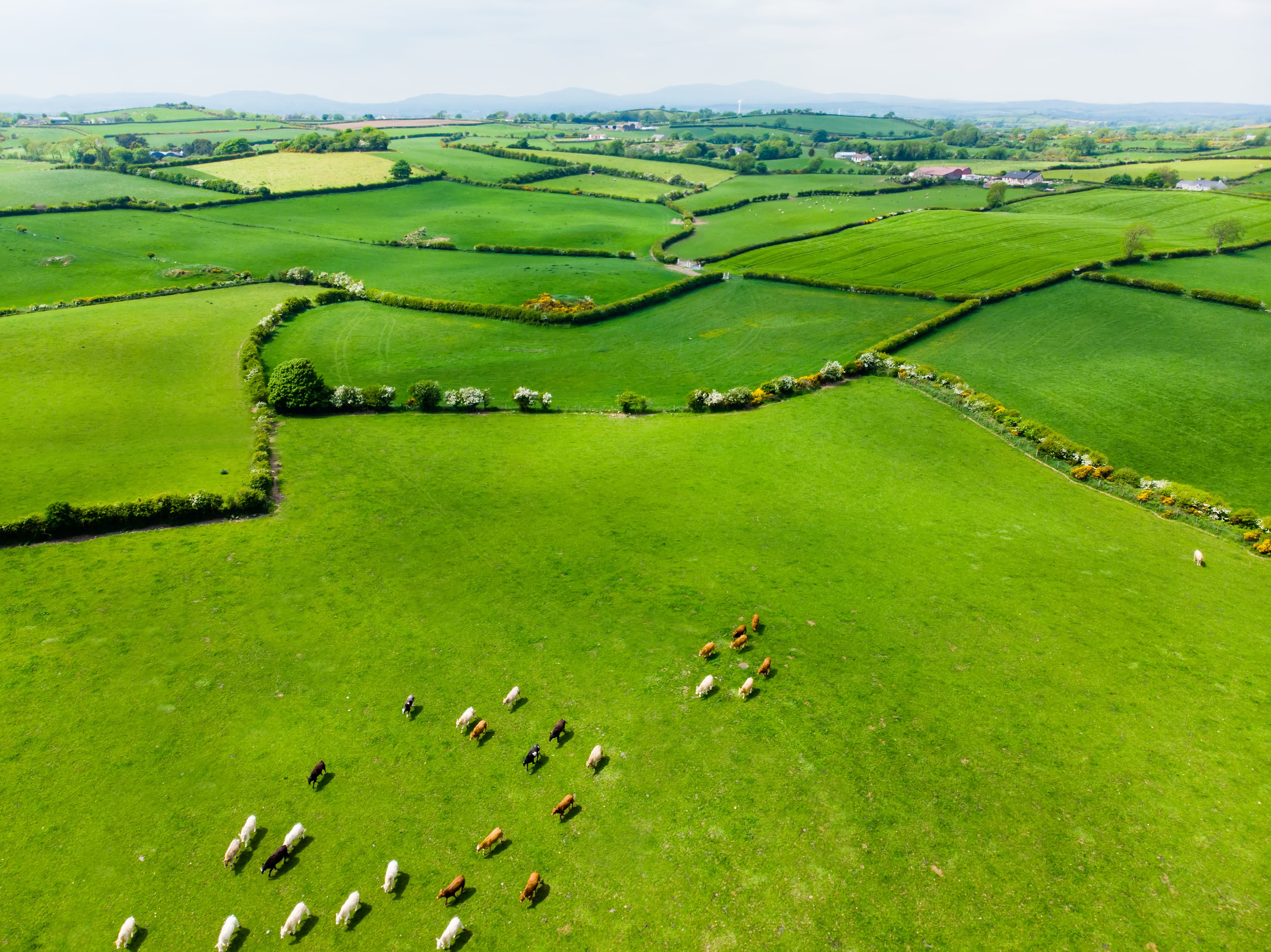
Proveye wins European Space Agency funding to deploy ProvVari – a precision fertiliser platform designed to cut costs, boost yields, and curb emissions across Europe’s pasture-based dairy and beef systems

Alternative proteins have lost a lot of popularity in recent years, and this is reflected in IP activity
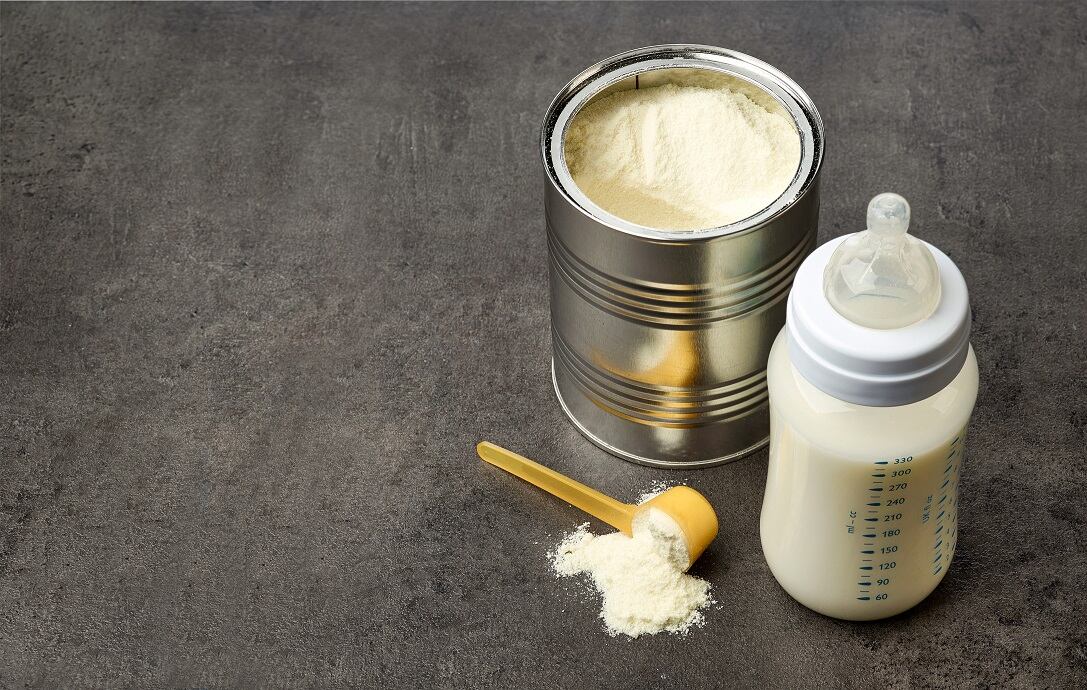
Retired Nestlé specialist Erik Konings explains how global collaboration through Codex, ISO, IDF, and SPIFAN is advancing validated testing methods to ensure safety and compliance in specialized nutrition
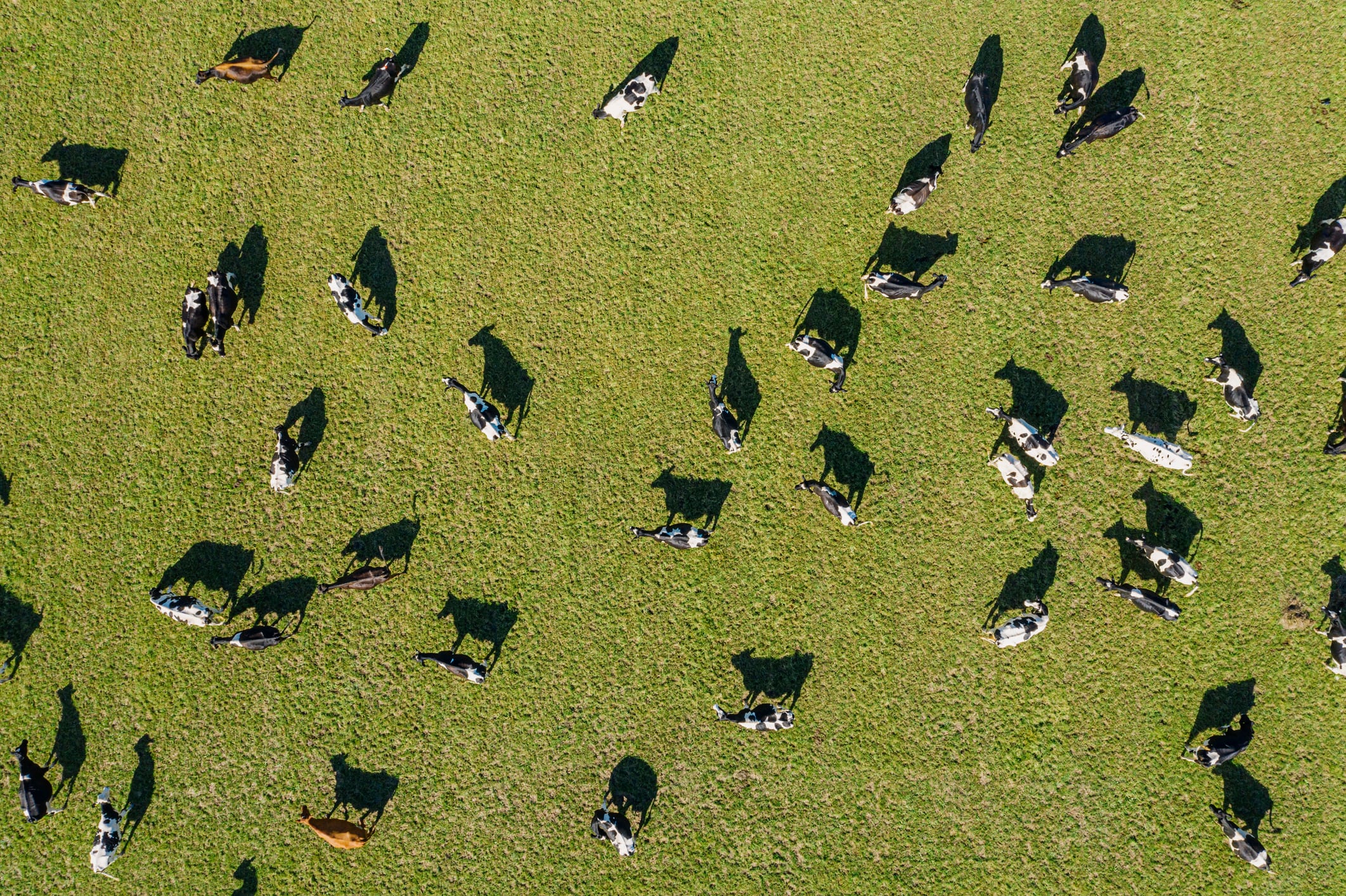
AgriZeroNZ sees strong potential in Nbryo’s technology to enable farmers to breed low-methane livestock faster and reduce emissions more effectively.

Inside Nestlé: Rania Abou Samra on crafting the future of food and beverage

Consumers don’t know if precision fermentation is good or bad. What may persuade them?
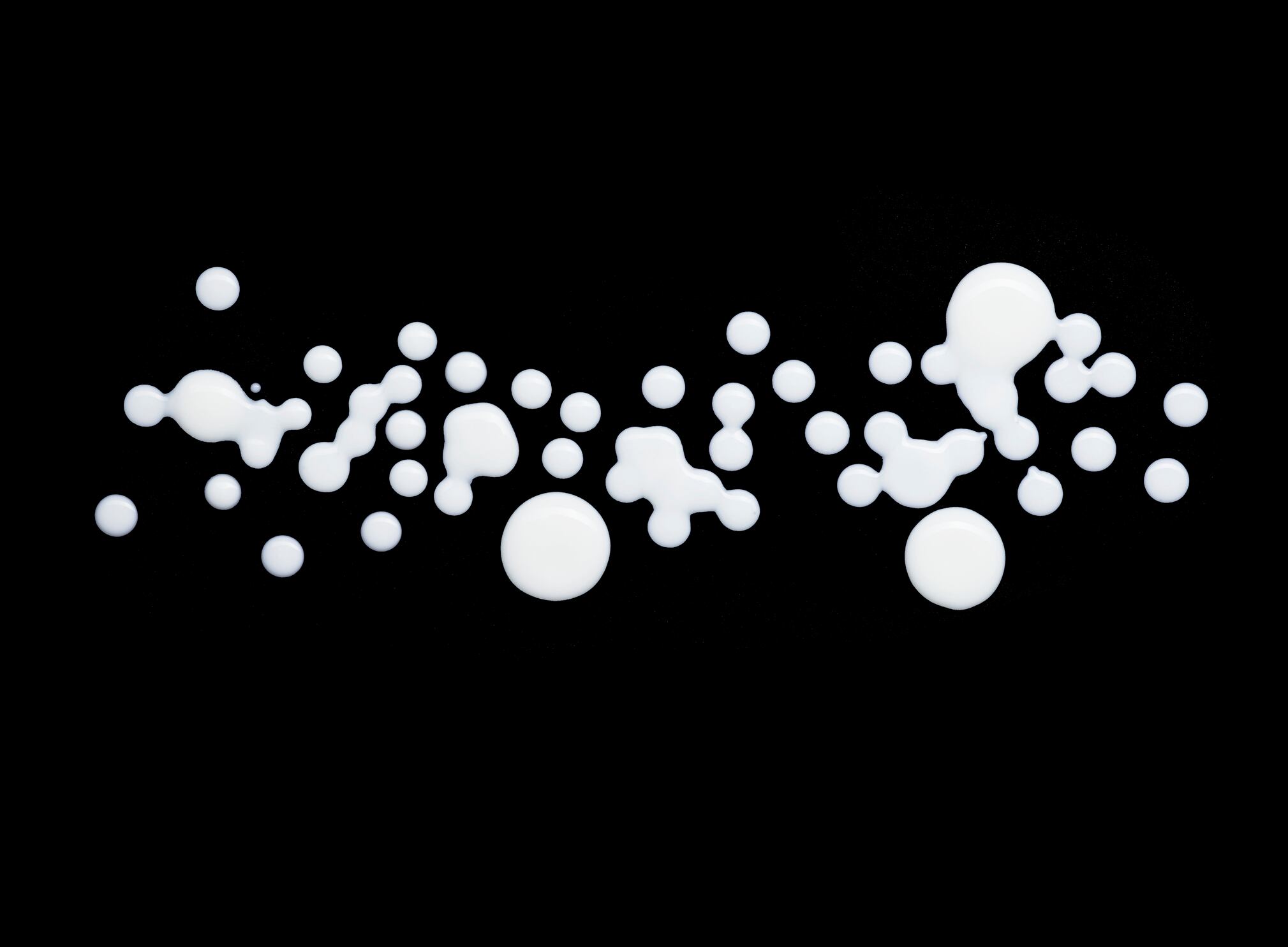
In a world first, casein proteins have been developed at industrial scale from an unlikely ingredient: whey
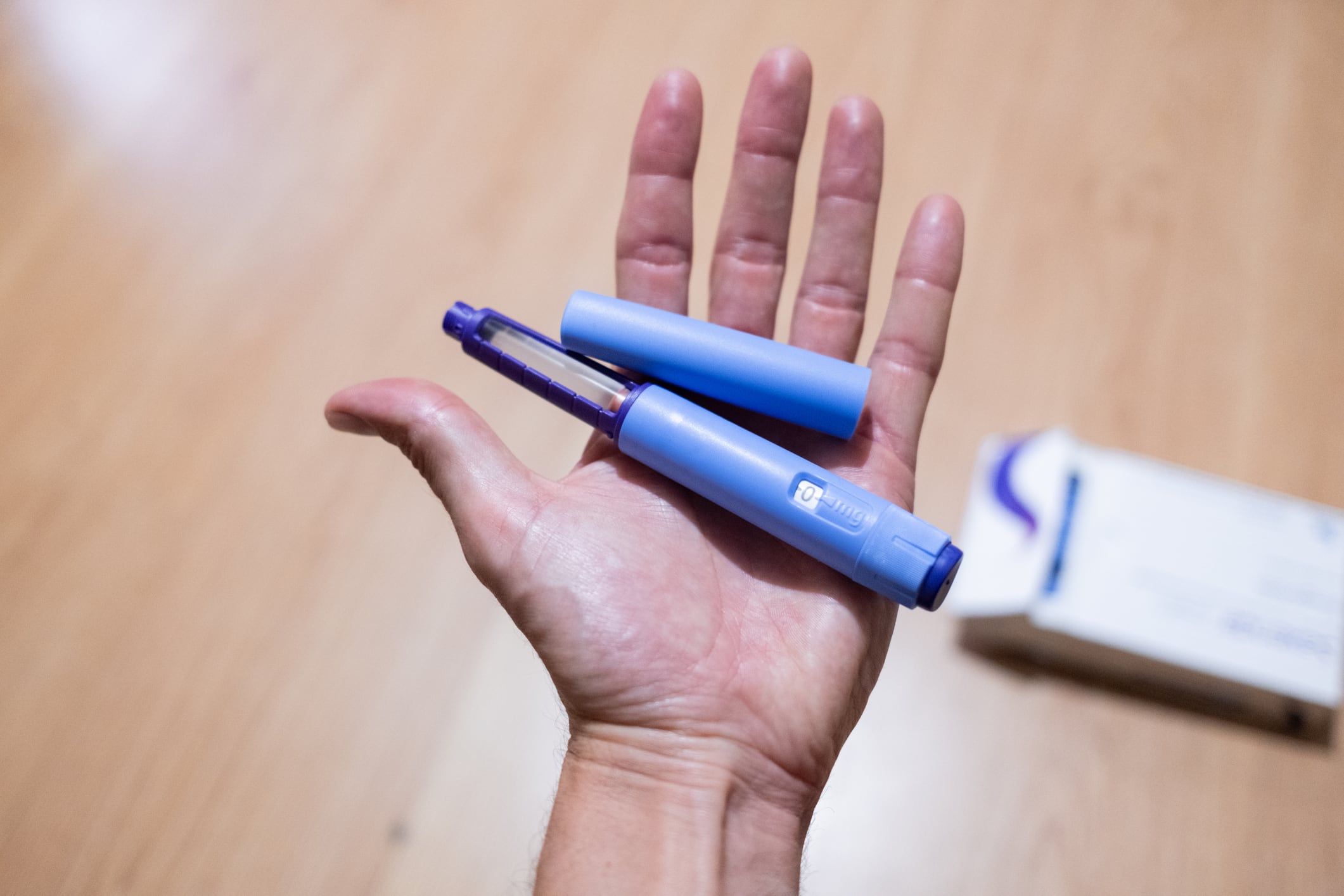
As usage of weight loss medications surges and new therapies emerge, food businesses face a once-in-a-generation opportunity – or risk being left behind
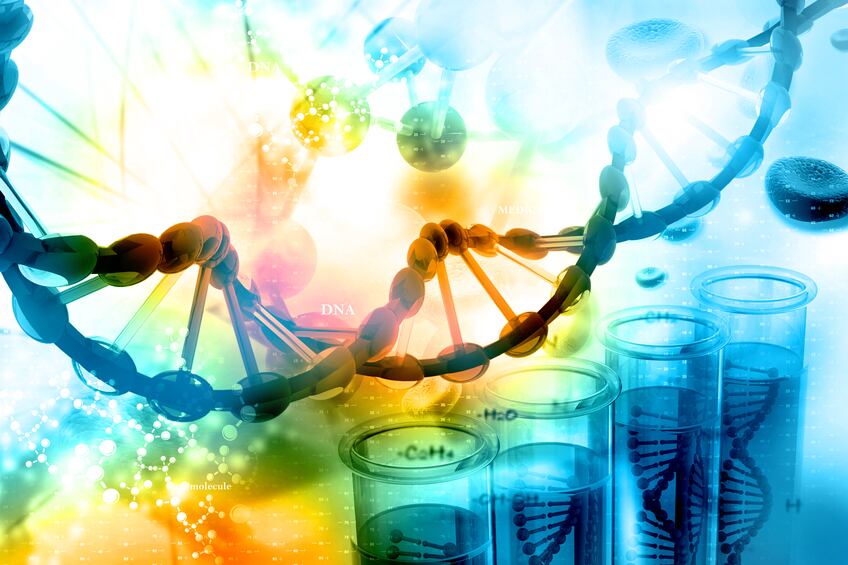
Leads Agri Genetics launches new centre to transform India’s breeding programmes by integrating advanced genomics with traditional breeding practices.
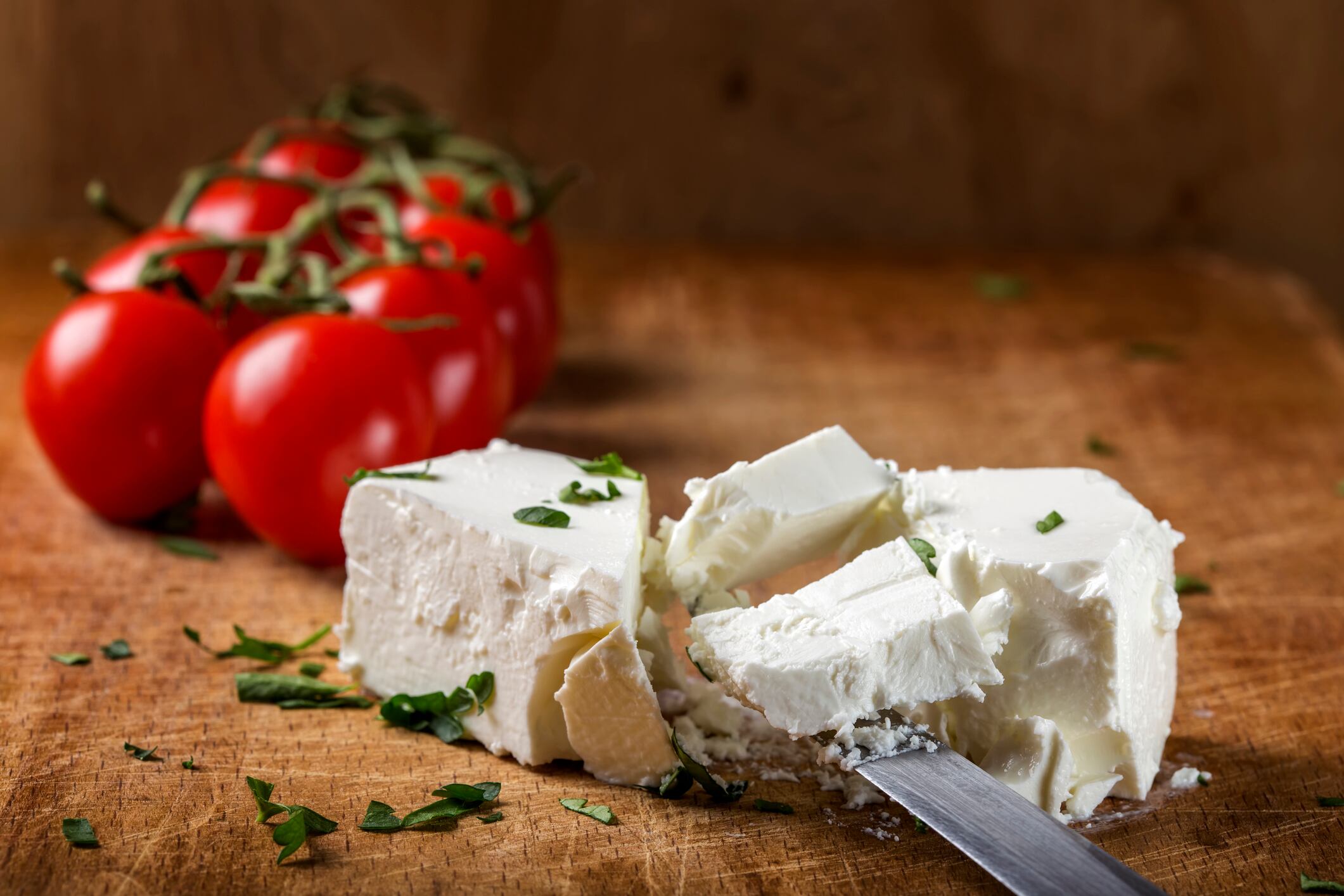
The company’s proprietary ingredient Caseed mimics dairy casein without the allergenic effects of dairy, nuts and soy for B2B partners

The French startup’s FermWhey Native and FermWhey MicroStab expands formulation options for RTD beverages, shots and plant-based hybrids to better meet demands for consumers using GLP-1s and seeking support for active lifestyles and healthy aging
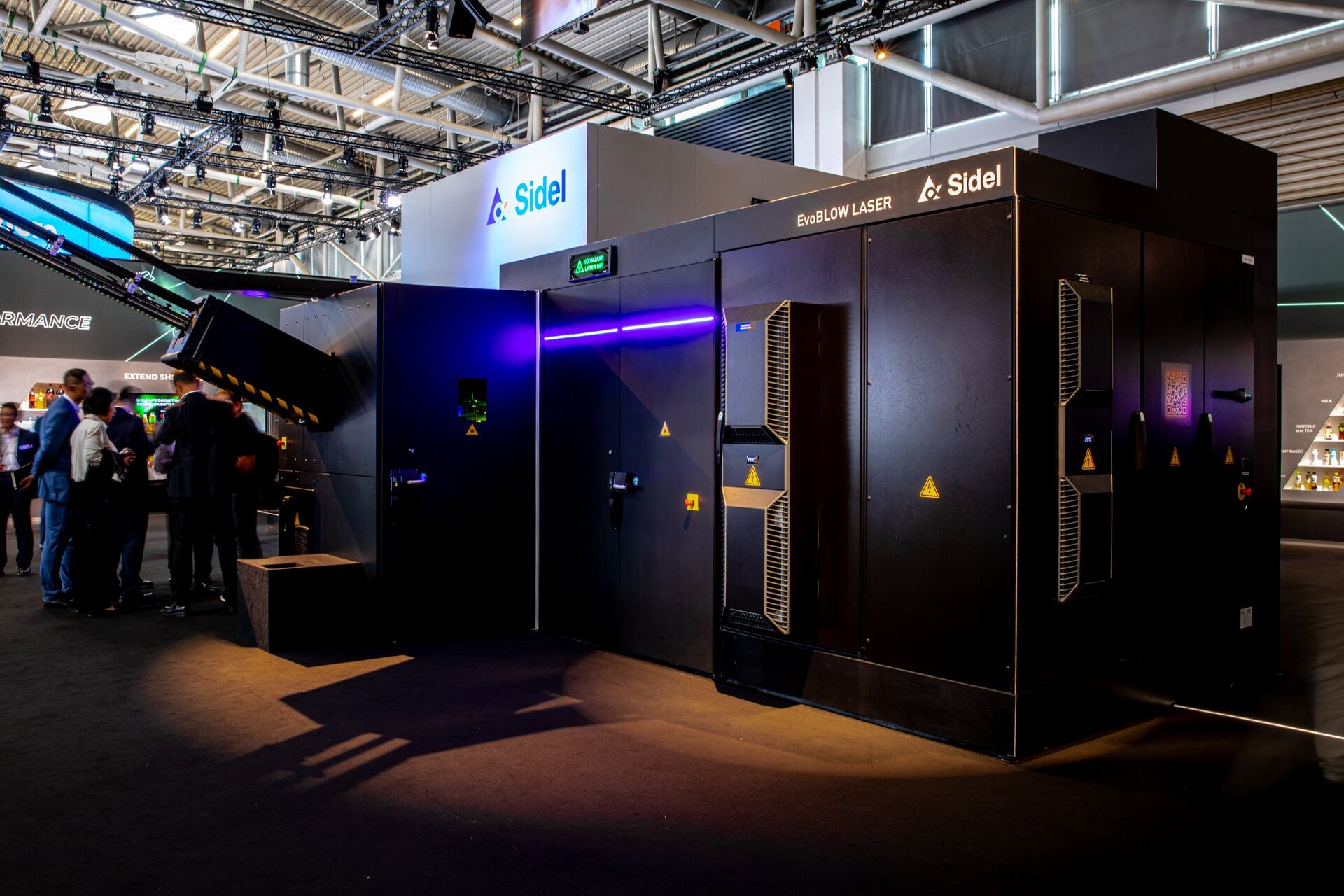
In 1980, Sidel pioneered the commercial PET blower. Now, it’s unveiled the world’s first industrialized laser-powered solution: tech set to reshape the industry again.
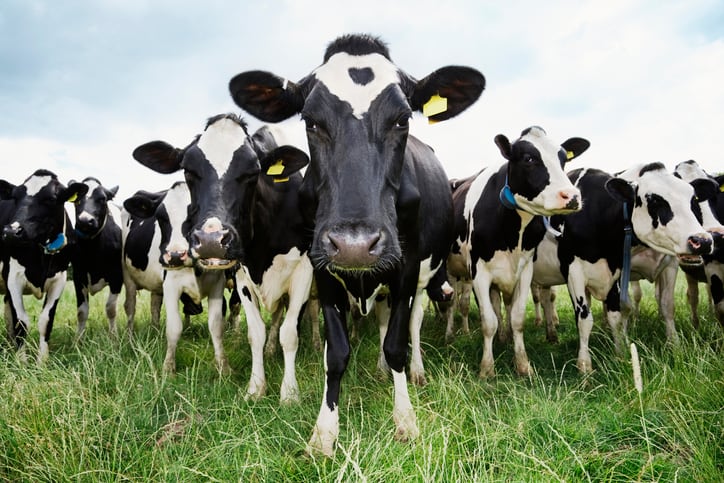
Environmental and economic headwinds make stewardship crucial for dairy industry
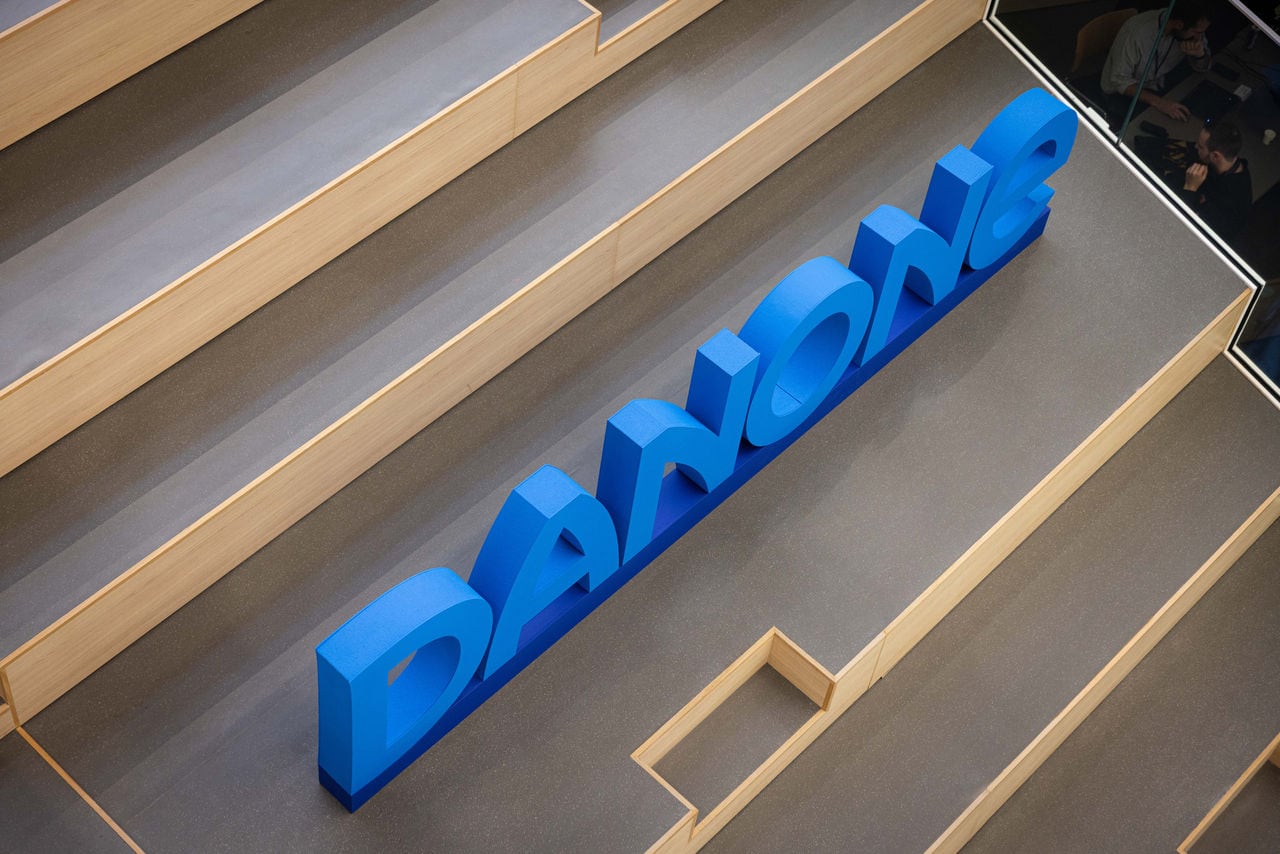
We take a sneak peek inside Danone’s brand-new laboratory and find out why it’s wholly focused on one area of research
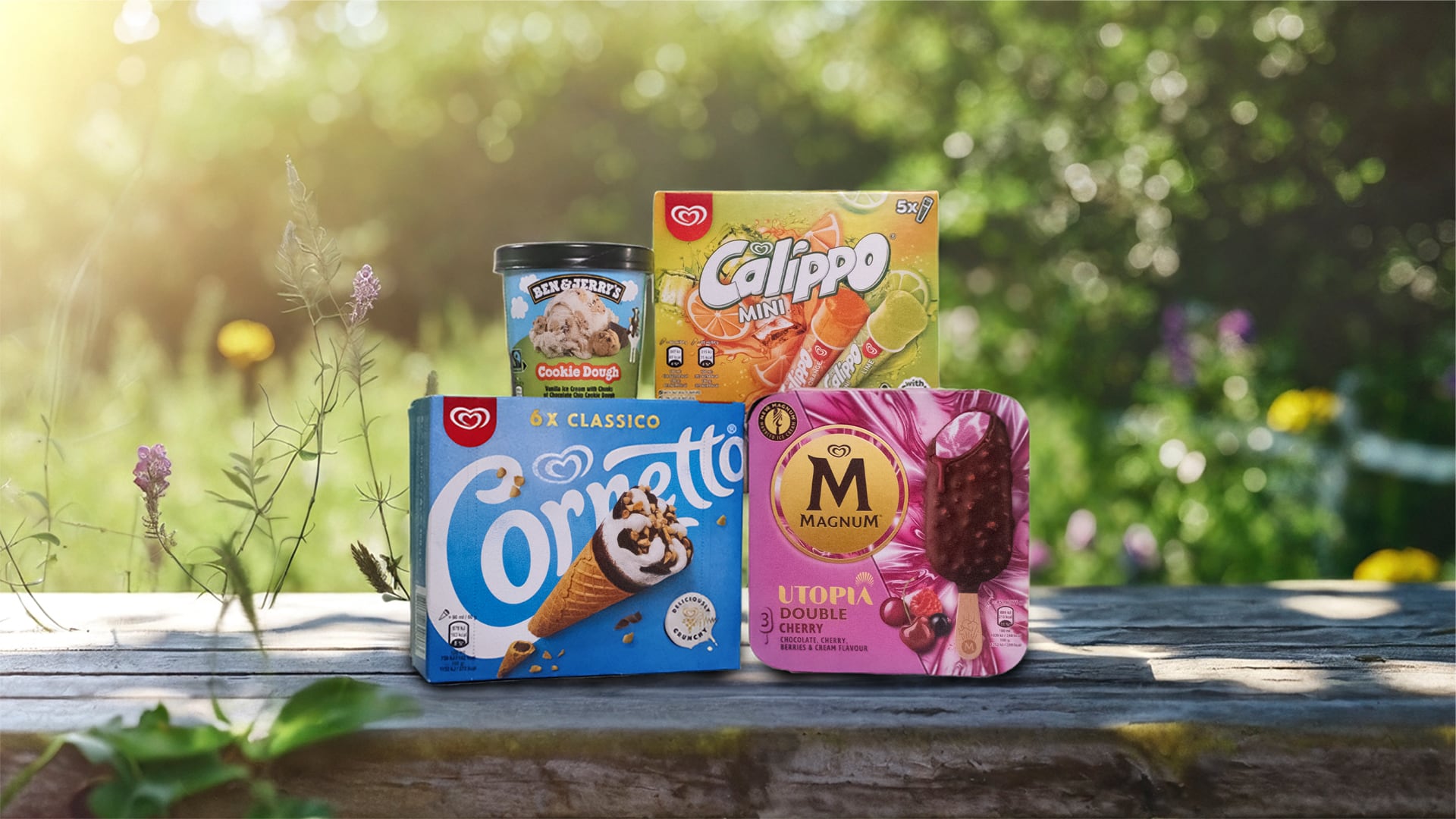
Unilever’s ice cream spin-out is supercharging its ice cream formulations in the US with the help of AI. NotCo founder Matias Muchnick tells us what it’s all about
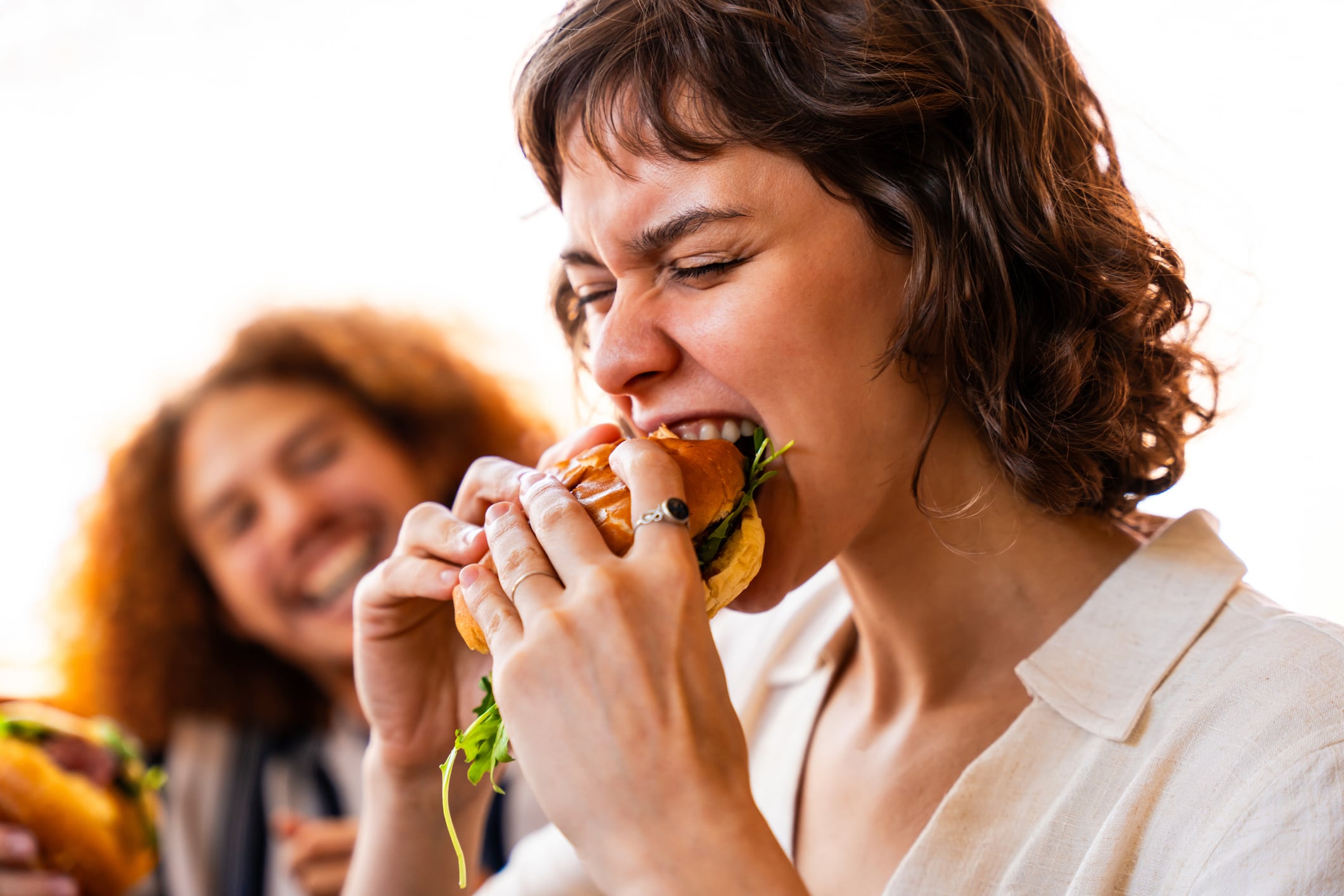
Do manufacturers really need to navigate out of the ‘dirty’ UPF world? Perhaps not, as exclusive research shows consumers’ perception of UPF is very different to their reality

Up the food chain
Bel Group plans on succeeding in animal-free dairy where others have failed. For chief venture officer Caroline Sorlin, who leads on Bel’s food-tech partnerships, timing is key
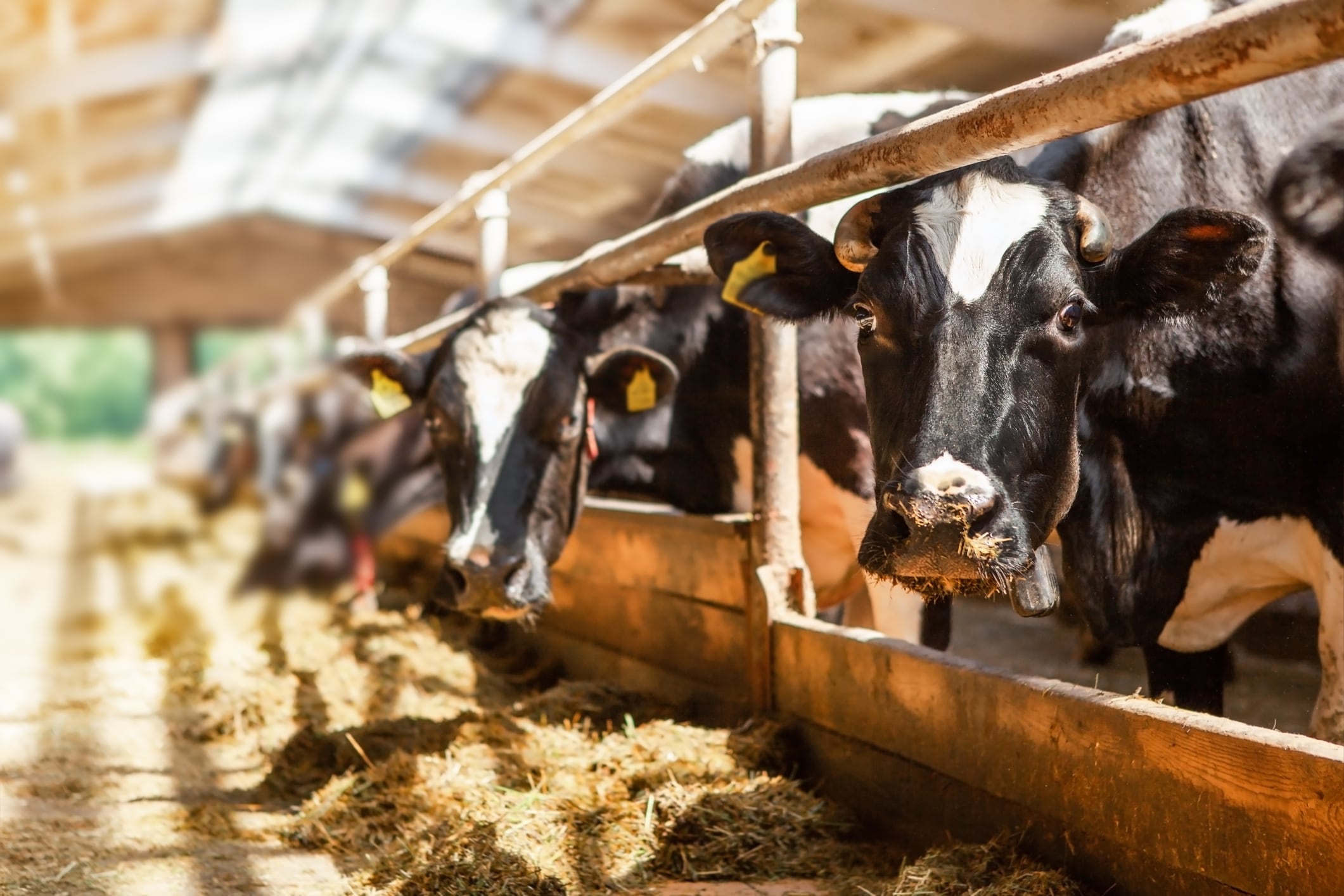
Proven to destroy up to 90% of dilute methane, Ambient Carbon’s tech could supercharge dairy companies’ climate goals, slash scope 3 emissions

A combination of Bifidobacterium bifidum and Lactobacillus acidophilus could restore a healthy gut microbiota in very-low-birth-weight (VLBW) babies, according to new research published in Nature Communications.

Start-up Opalia is on a mission to prove its cell-cultured milk can be used to make an entire range of dairy products: from cheese to ice cream
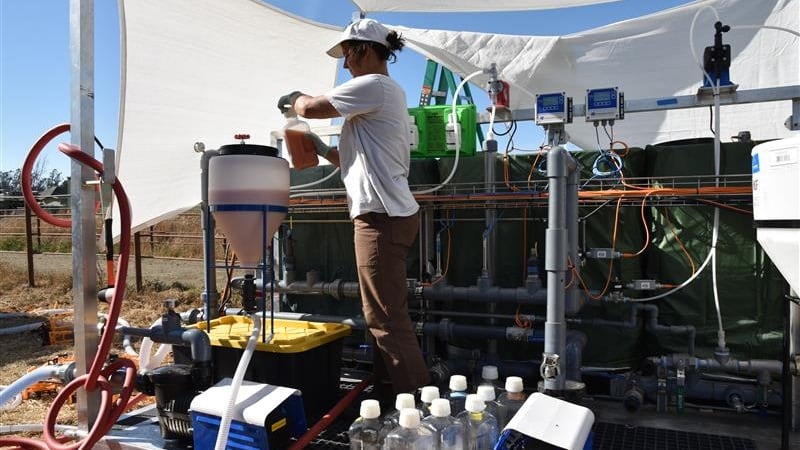
Methane-eating microbes (MEMs) are converting climate-harming gas into beneficial fertilizer
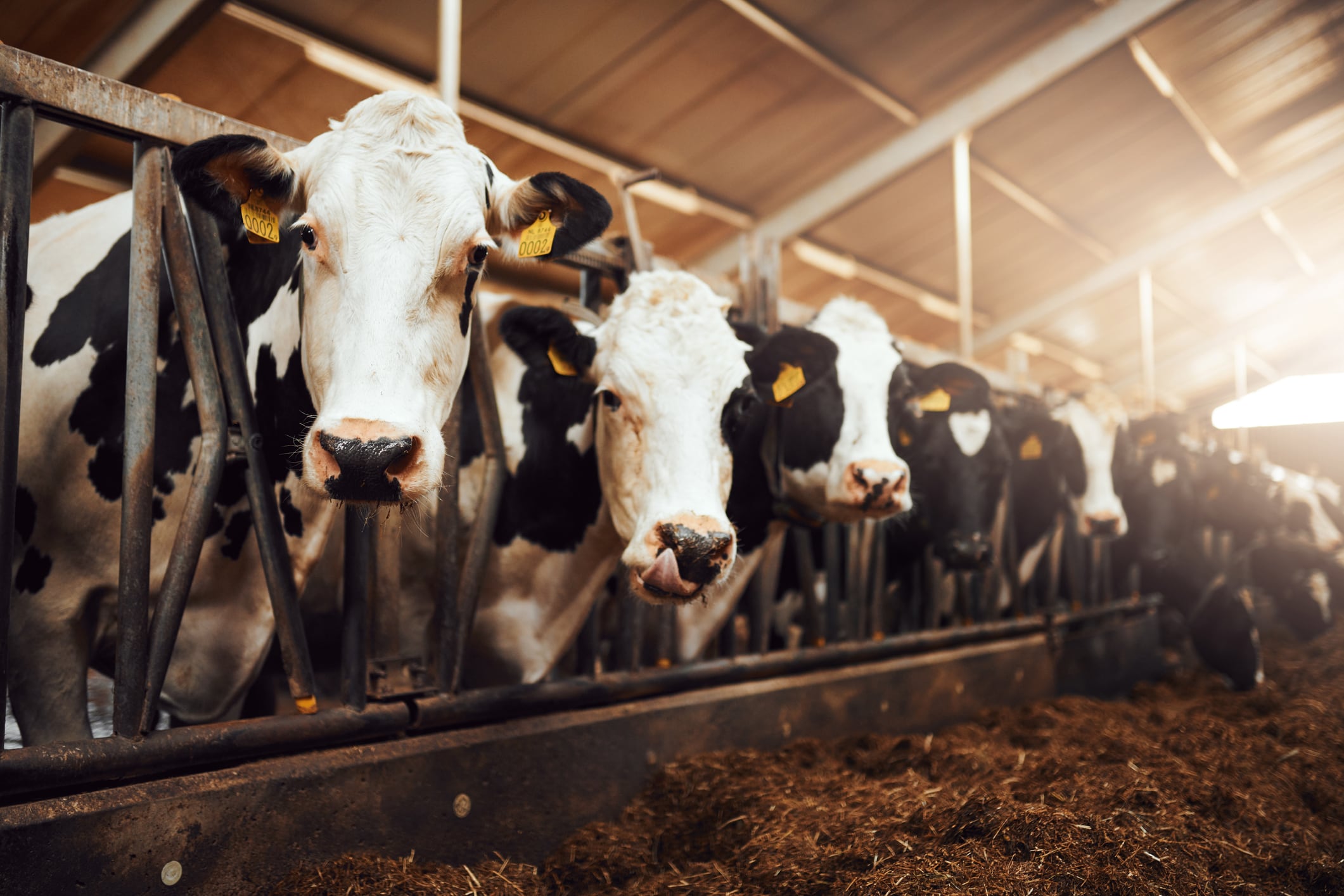
Stem cell researchers have discovered a new way to reduce inflammation in dairy cows and potentially increase milk fat

Consuming a probiotic yogurt before academic exams may help students protect their gut microbiota from stress-related disruptions, says a new study from KU Leuven and Danone Research & Innovation.
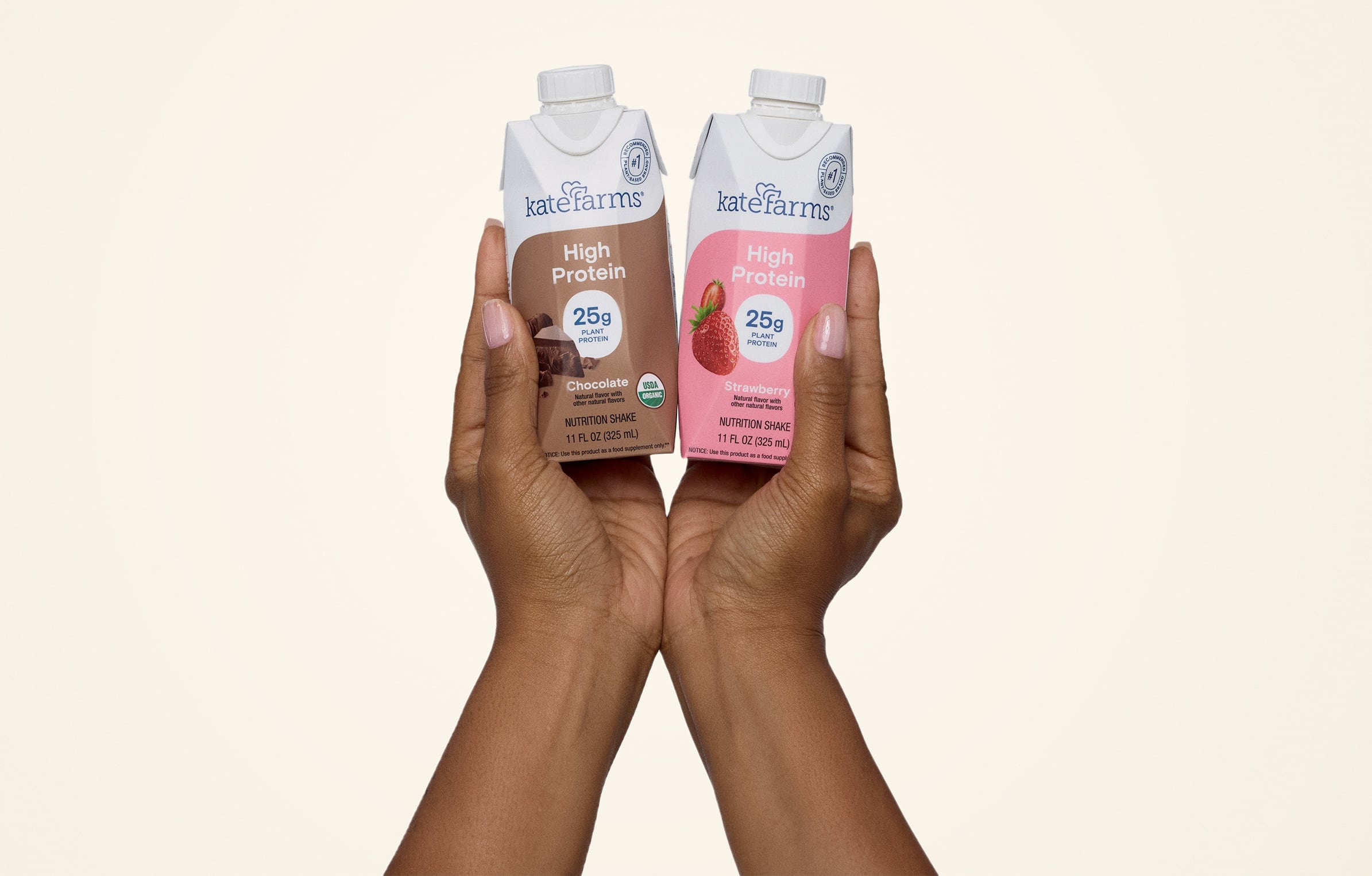
Danone company Kate Farms tapped its medical nutrition expertise to craft a high-protein shake for everyday wellness. Here’s how they did it
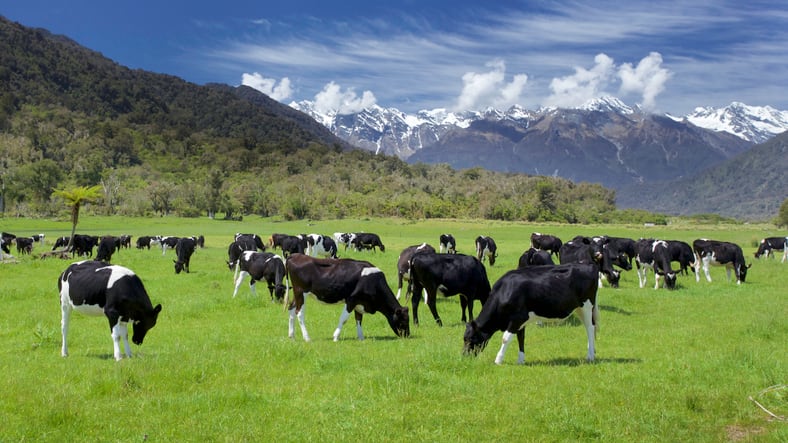
Hoofprint Biome’s solution naturally optimizes the rumen microbiome to produce less methane
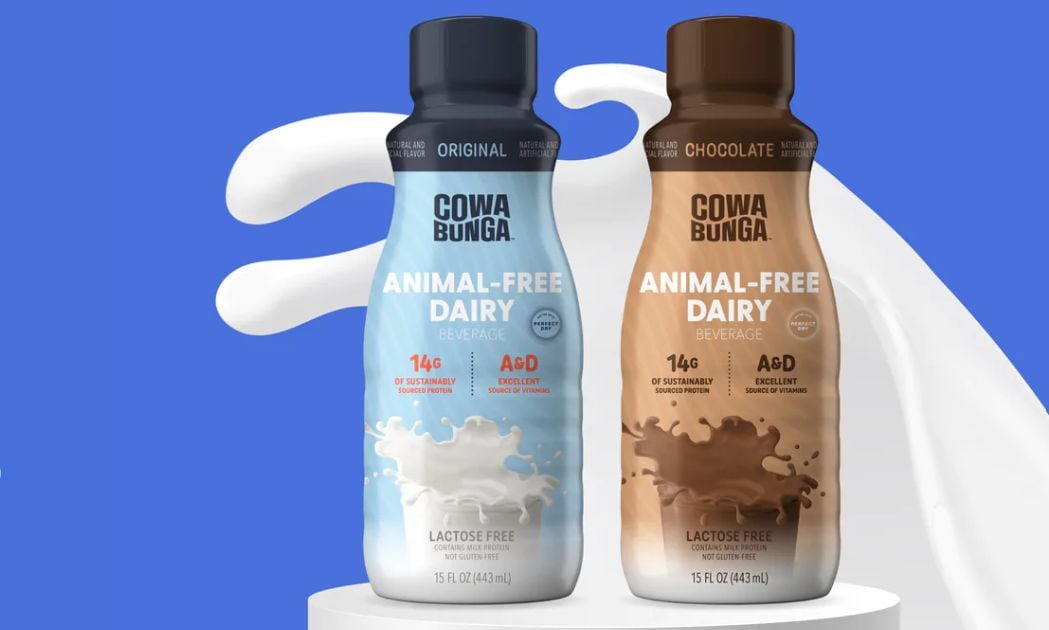
The Swiss food major will leverage its in-house knowhow to drive innovation in alternative proteins. Will this reinvigorate the animal-free dairy category?

FDA’s acknowledgement of the safety of LF+ in functional foods, beverages and supplements will encourage more companies to use the animal-free lactoferrin beyond the applications of its bovine counterpart, which due to limited availability and high price...
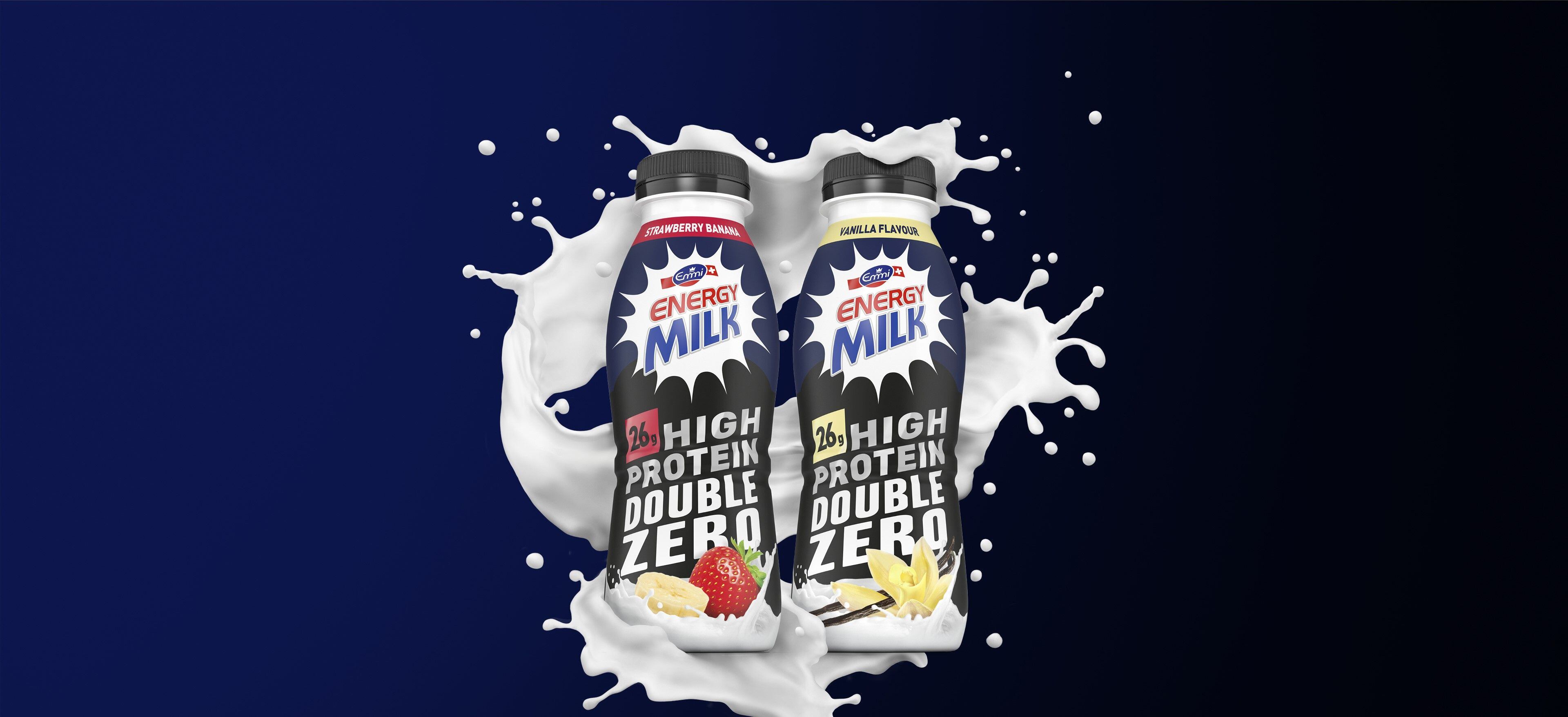
From high protein to sugar reduction, how is one of dairy’s major players leveraging its R&D might to address industry trends?
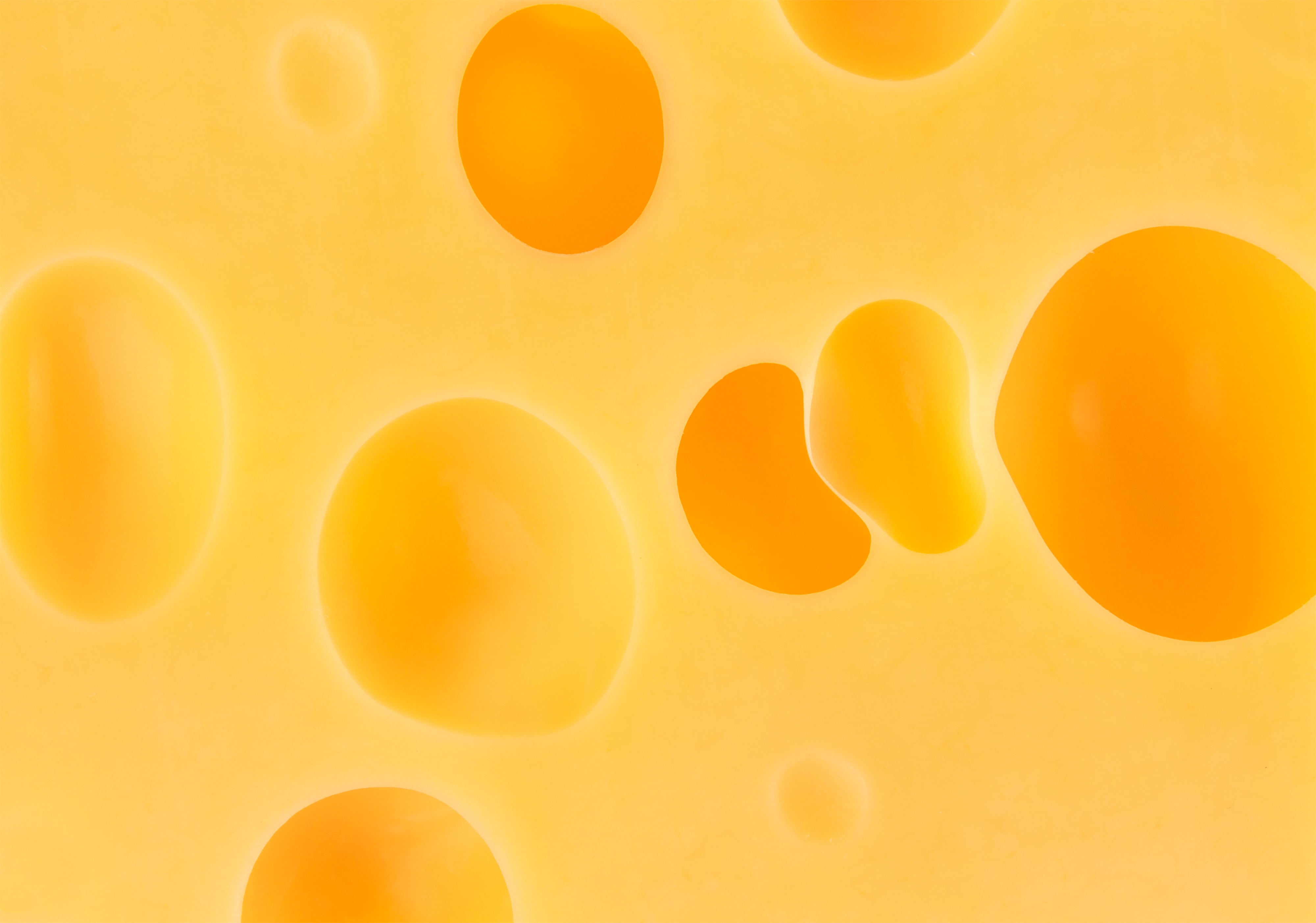
There is a natural solution to masking dairy alternatives’ off-taste properties and solving the products’ nutritional shortcomings
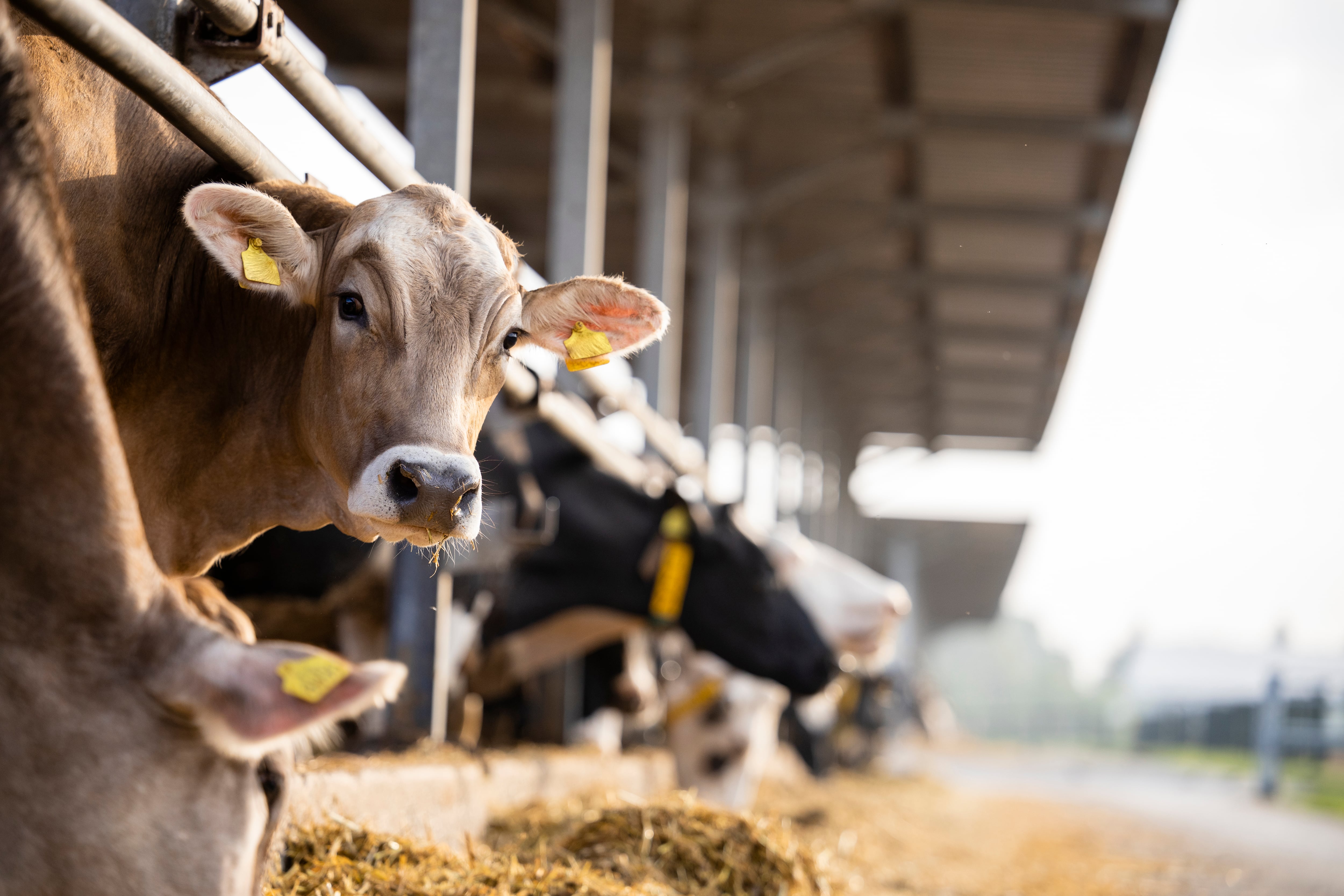
Scientists have discovered a way to cut methane emissions in cattle – stopping them burping. But will this anger consumers?

Paper adds to growing body of research on synthetic methane inhibitors
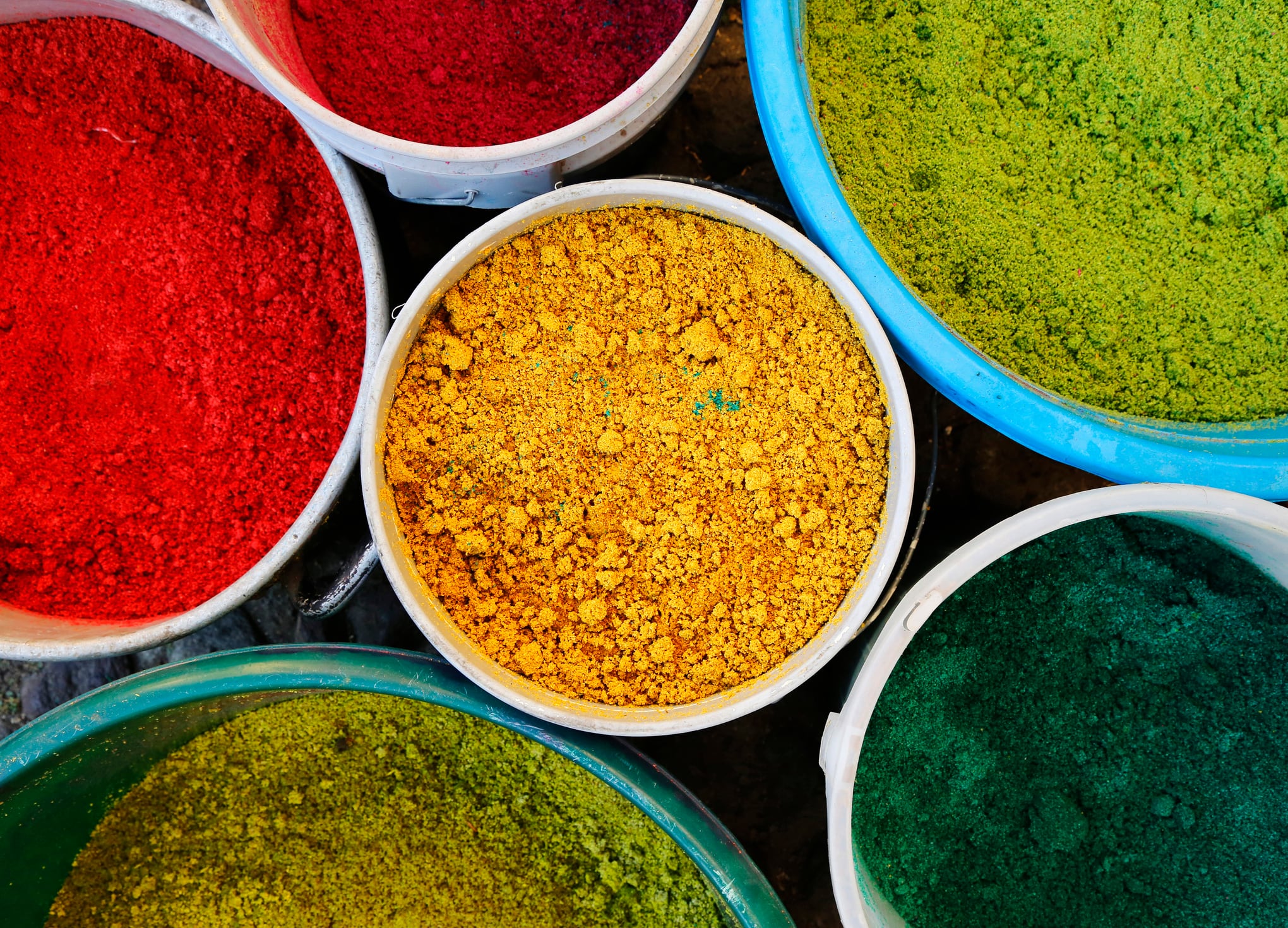
Health and Human Services Secretary Robert F. Kennedy, Jr. is directing the acting FDA commissioner to explore the elimination of the self-affirmed GRAS pathway for ingredients.
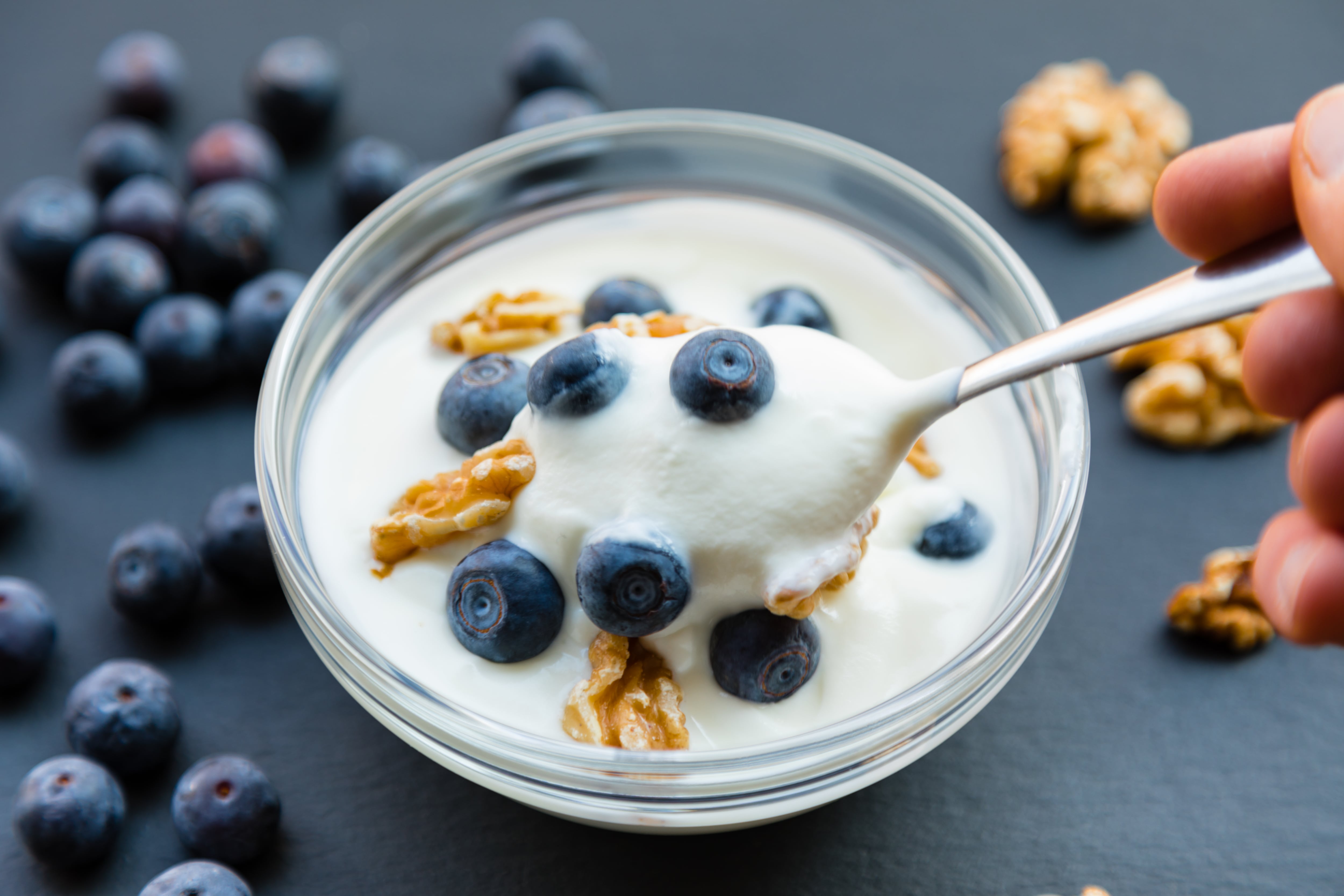
An emerging field in food and pharmaceuticals, next-generation probiotics may be the ticket to personalized foods that can target specific health conditions
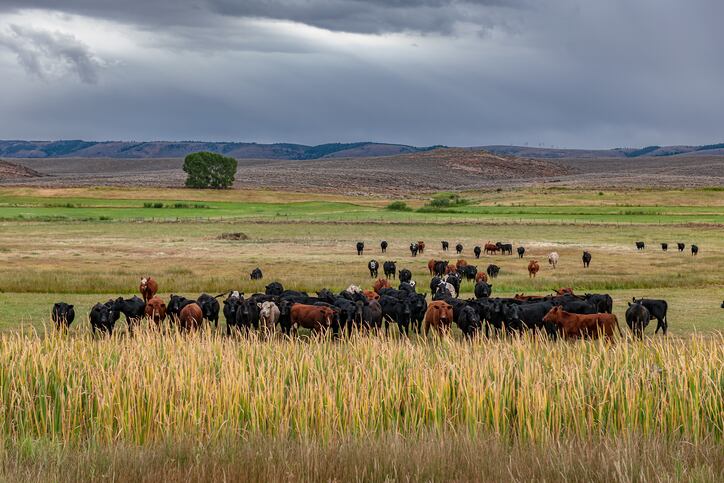
A Central Queensland University (CQU) lab trial of 13 methane-reducing feed compounds (MRCs) delivered by water found a product supplied by Australian company, Rumin8, significantly reduced methane production.

Future Food-Tech 2024
There are myriad ways to design and create proteins. We spoke to some of the key players in this varied space.
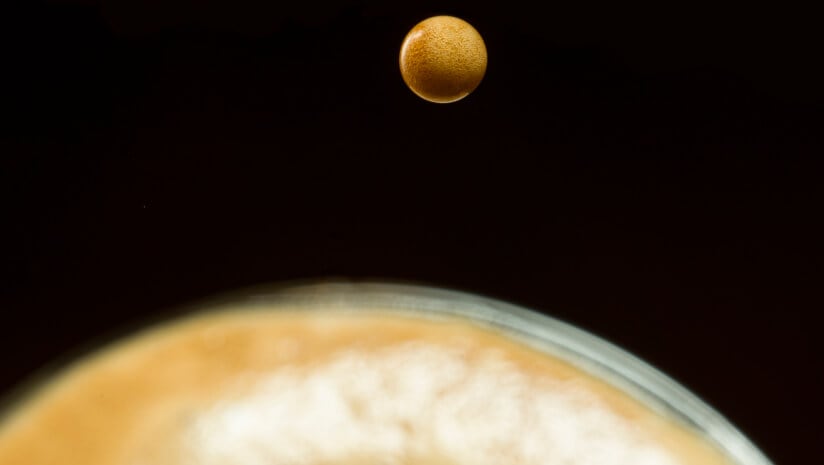
Dairy value sales will balloon to over $1tr in the next decade as the sector combats myriad issues by adopting emerging food technologies like precision fermentation and cellular agriculture.